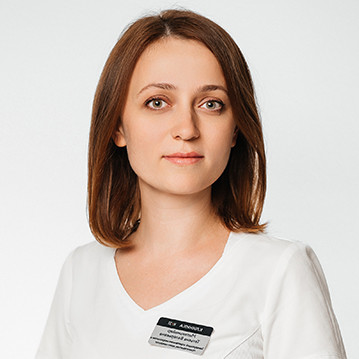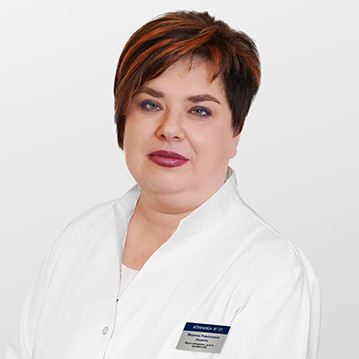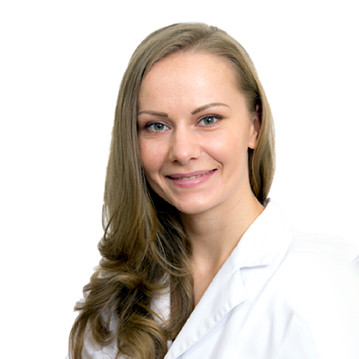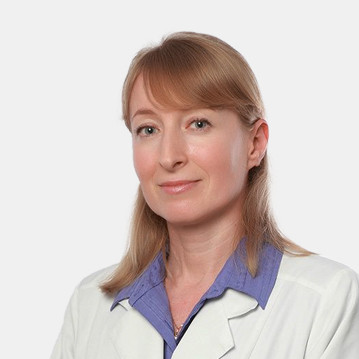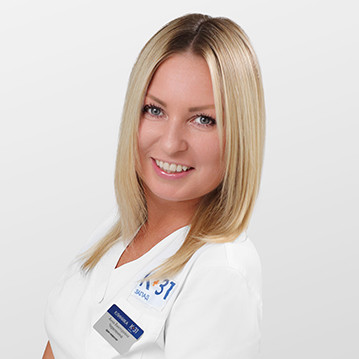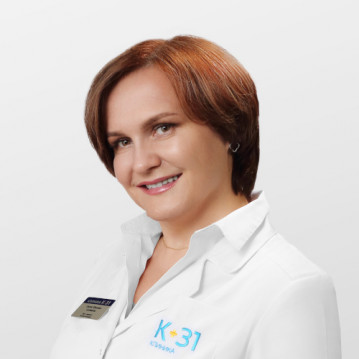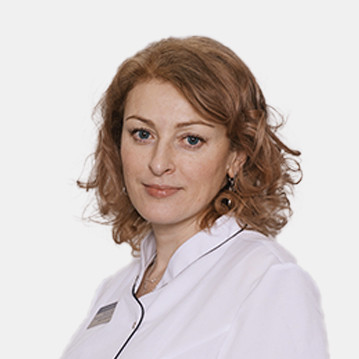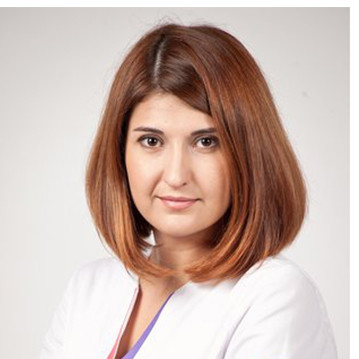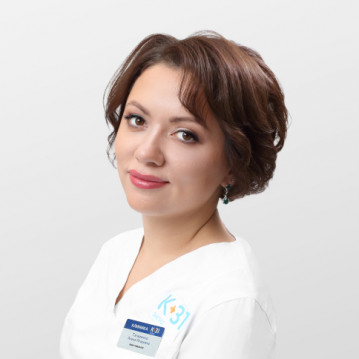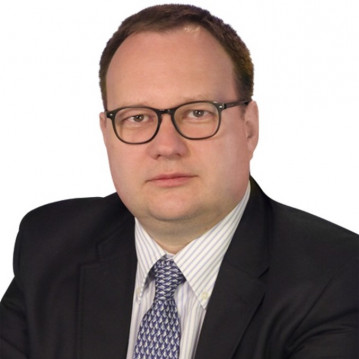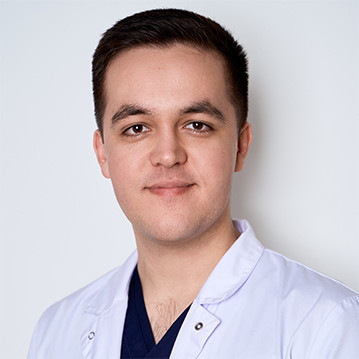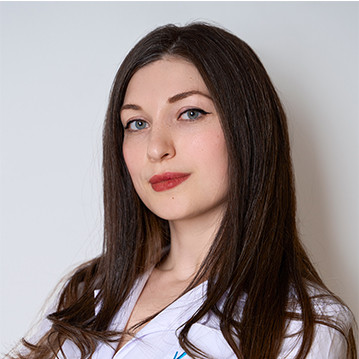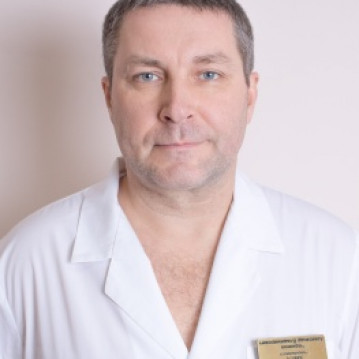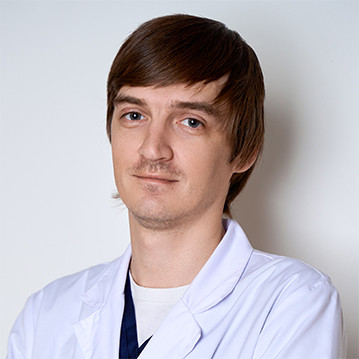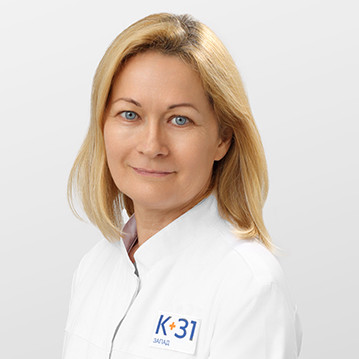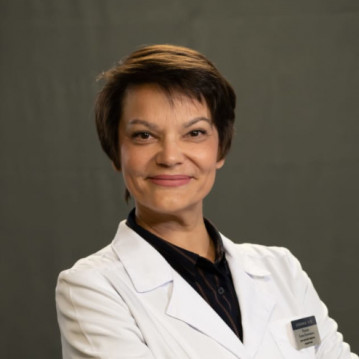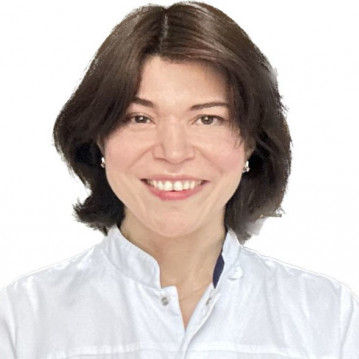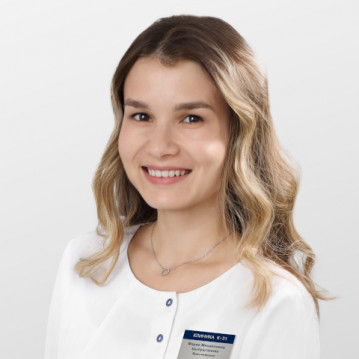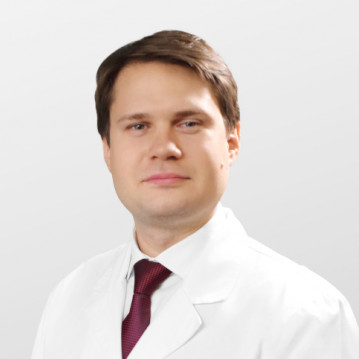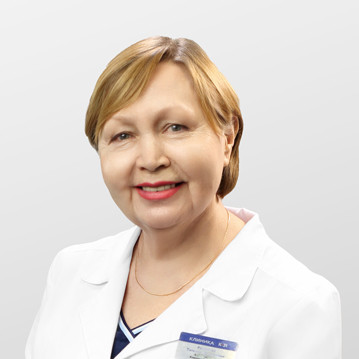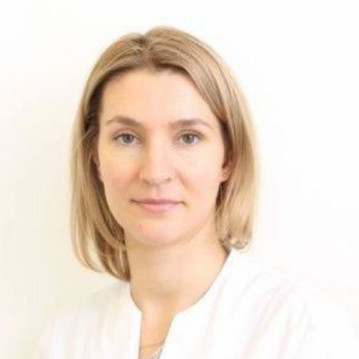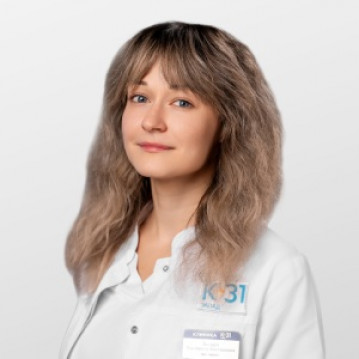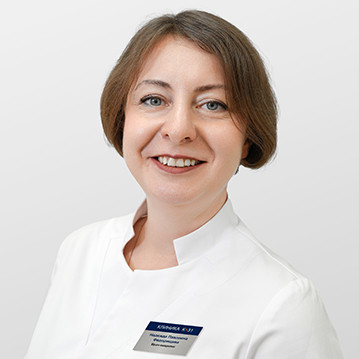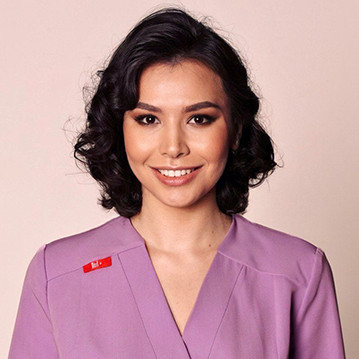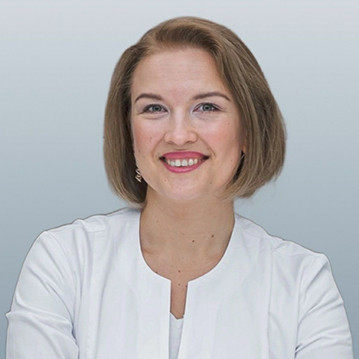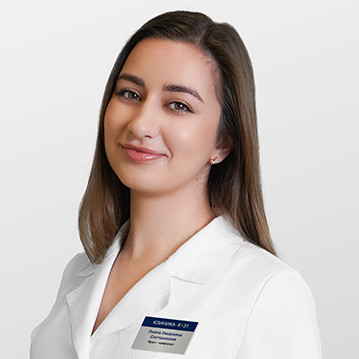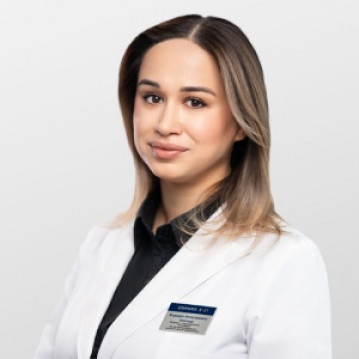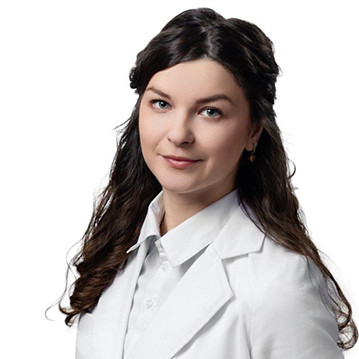Facial neuropathy (NLN) is a disease characterized by weak facial muscles. The reasons for its development have not been fully studied, however, it is believed that the disease is associated with an infectious factor, primarily with the herpes simplex virus, but in ¾ cases the cause remains unknown and the diagnosis is idiopathic (primary) facial neuropathy or Bell's paralysis.
Causes
About 25 cases per 100,000 population are recorded per year, with an average age of 40 years. Hypothermia, which is often indicated by patients, may be the starting point. Factors contributing to the development of neuropathy include arterial hypertension, diabetes mellitus, and pregnancy. Symptomatic (secondary) NLN develops as a result of systemic infectious, autoimmune, traumatic, cancer, demyelinating diseases, cerebral infarctions.
The clinical picture of facial neuropathy
As a rule, the clinic of the disease develops sharply, reaching a maximum within a few hours, less often than a day. More than half the cases of muscle weakness are preceded by pain behind the ear, sometimes extending to the face and / or neck. Often there is lacrimation on the affected side, less often dry eyes, sometimes patients notice an unpleasantly enhanced perception of sounds.
